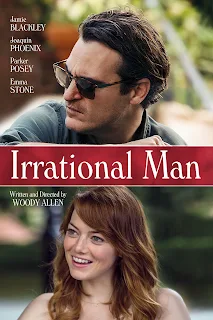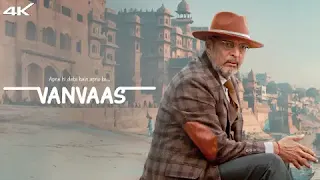Director, Screenplay: S. Sashikanth
 |
| https://www.indiaglitz.com/test-review-tamil-movie-36143 |
Another point: Due to security concerns, the Indian cricket team will not play in Pakistan or vice versa. Therefore, it would be wishful thinking to expect the Pakistan team to face their archrivals, India, at Chepauk Stadium in Chennai, as suggested in this film.
The film did not have a particularly stellar outing. Reviewers complained about its exceedingly slow pace and numerous plot gaps, especially those related to the game's technical aspects. Nevertheless, the message behind the story is less about the storyline and more about the challenges the two main (and perhaps three) characters face to achieve success.
On one side, there is Sara, a frustrated MIT graduate with an epoch-changing water-fuelled engine but no sponsors to help get it off the ground. He must contend with running a canteen with his friend while being caught in the middle-income trap. Meanwhile, his anxious wife, Kumudha, hears her biological clock ticking away and requires a large sum of money to undergo IVF. Sara has become entangled with some unscrupulous loan sharks.
In the affluent part of town, there is an over-the-hill national cricketer named Arjun, who risks exclusion from the national team. His son thinks the world of him, but sadly, Arjun feels he is no longer a true hero.
Arjun's son attends the same school where Kumudha teaches, and Kumudha's father was once Arjun's cricket coach. Their paths cross again through the son. In a twisted turn of events, Sara abducts Arjun's son for money. Loan sharks also become involved. They run a betting ring and hope India loses their match. They persuade Sara to pressure Arjun into conceding the match to Pakistan's win.
Thus, the test referenced in the film does not relate to the test match, but rather to the trial that the three characters must endure to do what is right. For Sara, is being the provider for his wife (and soon-to-be family) the only way to prove himself as a good husband? At any cost, even if it is illegal?
Is having a child the only goal for Kumudha as a married woman? She was seen gleefully rejoicing when the money she so desperately needed for her IVF appeared in her account. Is it right to kidnap for cash?
The test for Arjun, the cricketer, is whether he should prioritise his self-interest in regaining his son by sacrificing the game or embrace his patriotic duty and focus on winning the match for India.
As anticipated, once the hornet's nest is disturbed, there is no going back. One must do what one must to prevent any repercussions. When the calm water is disturbed, the ripples will reach a crescendo before settling into a steady state, yet nothing is ever the same again.
No man ever steps in the same river twice, for it is not the same river, and he is not the same man.















